Up to last weekend, we had suffered very little damage from the various named storms that swept over the country.
However, on Saturday morning, we had our first ESB outage for several years, apart from some well-flagged maintenance interruptions.
Our main vulnerability is the water supply. With all the cattle now in and the finishing ones on a final high concentrate diet, water is critical.
As the darkness faded, the first item was going to be to check the small generator that powers the deep water well pump that supplies us with water.
We have no mains supply.
A quick look around the yard and outside of the house showed galvanised sheets ripped off a shed and a shattered window in a small building.
A few slates were dislodged on an old outhouse as well as an old apple tree knocked flat, while out on the land, three big trees were blown over.
All were individual ash trees, so I wonder if we had succumbed to the Ash Dieback fungus.
It could have been worse – the house itself was unaffected as were the slatted cattle houses, but it was still the most severe wind that I can remember.
The next chore is to go through my farm insurance policy and see what damage we can claim for – not much I reckon.
The storm followed a text from the Department telling me that badger activity had been noted on the place. While appreciating the message, I am not sure if there is anything I can sensibly do about it.
We have willingly participated in the Department’s badger monitoring and vaccination programme for the last number of years.
The other evening at the monthly county meeting of the IFA, Thomas Bourke, its animal health specialist, gave the best talk on bovine TB I have ever heard. While my understanding of the problem has greatly improved, I am not sure where the ultimate solution lies.
In the past, we were locked up for a solid 15 years.
We adjusted our system to finishing everything and go direct to the factory.
Technology seems to have moved on very little since then with the blood test, the normal skin test and the available vaccines all having drawbacks.
As Damien Barrett said on the radio, there is no silver bullet.
From a personal point of view, I realise that while I am allowed to continue cattle farming, it is on the basis of all cattle having to go to the factory and not getting any compensation in the event of reactors.
It would appear to me that a new approach to dealing with wildlife and some form of pre-movement surveillance will have to be faced up to.




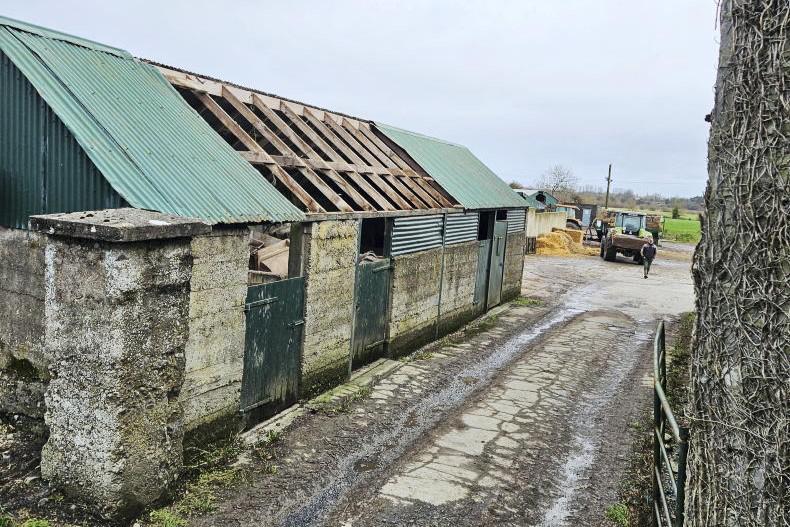
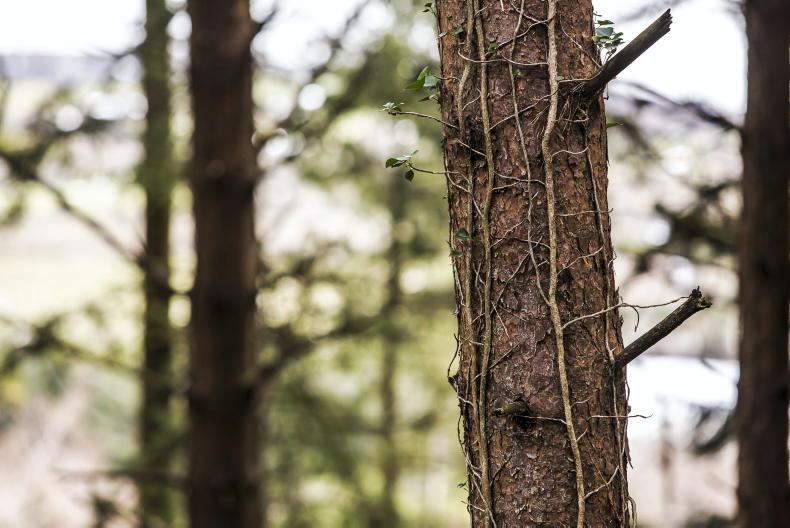

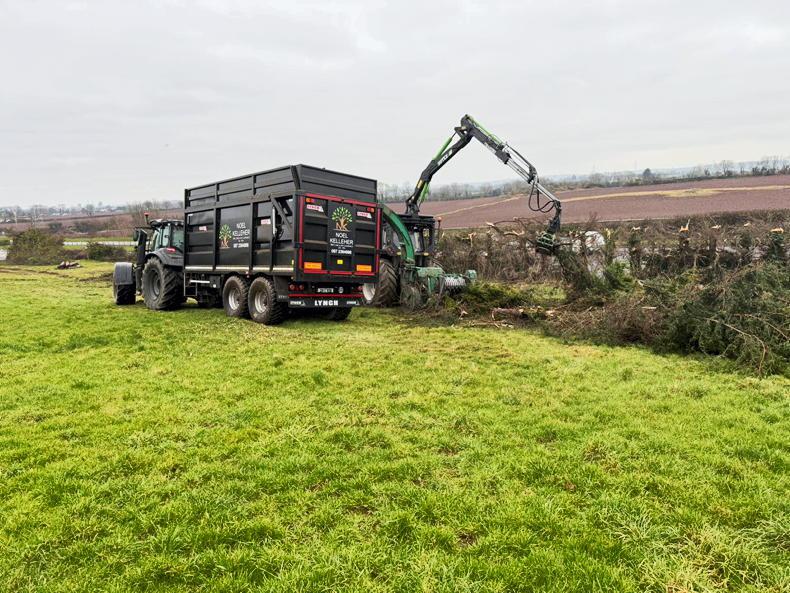
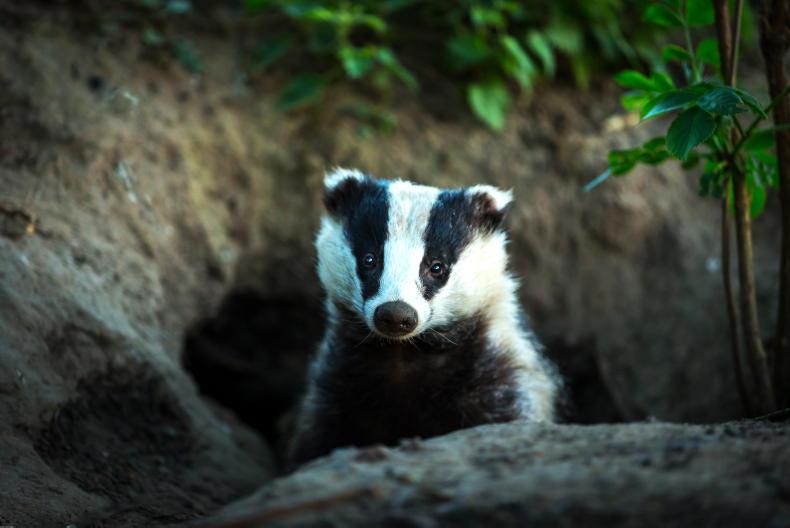
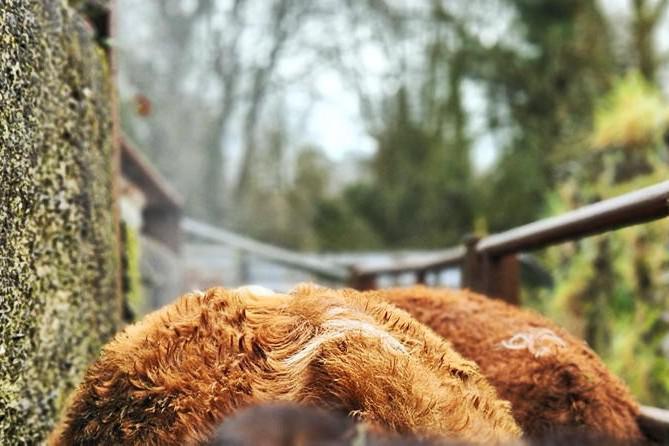
SHARING OPTIONS